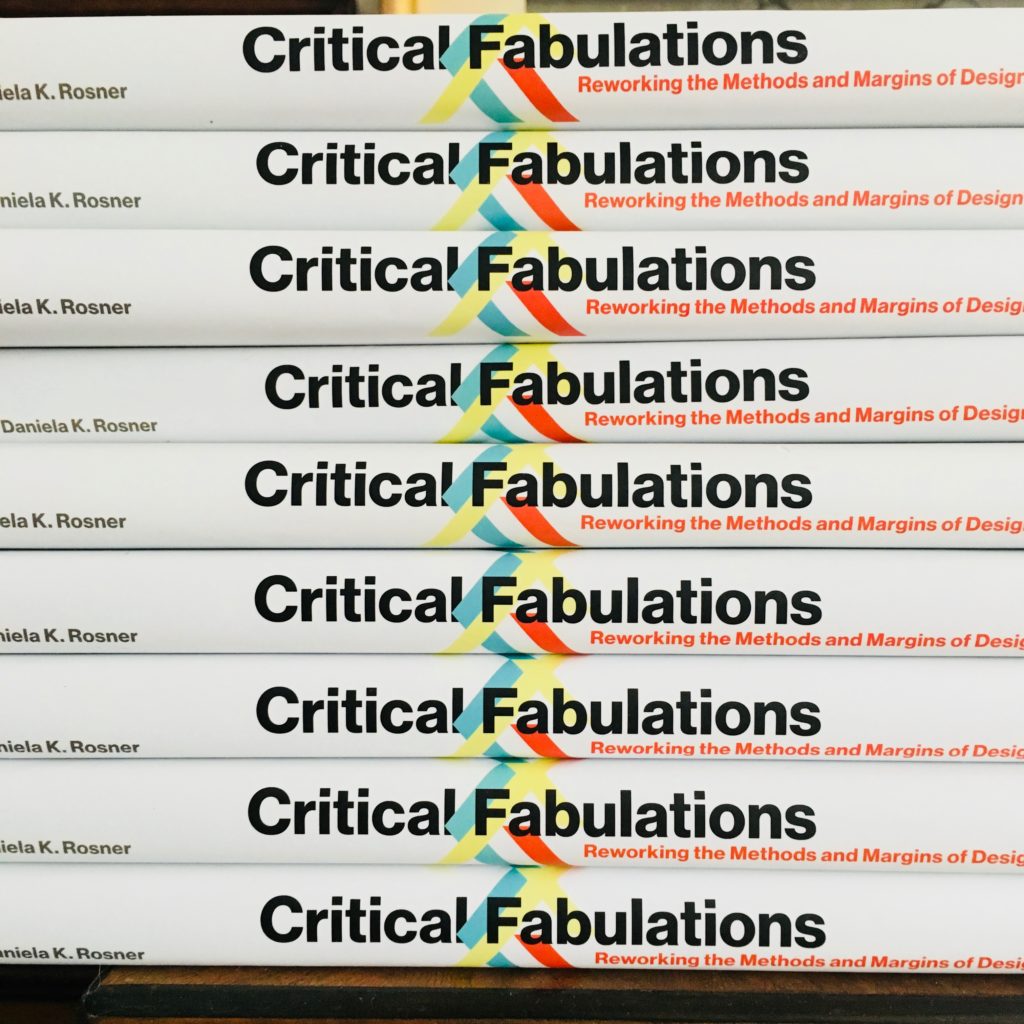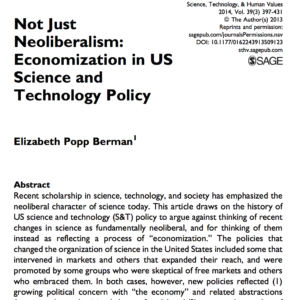I’ve read a number of Caitlin Rosenthal’s academic papers and have been anticipating this book for a while. The book doesn’t disappoint. It cements and builds on her past work, and draws her insightful ideas together. Rosenthal convincingly shows how the systems of accounting used in the (largely) antebellum Southern States of the US served to manage (and master) slaves, methodically sustaining the violence we know too well.
I particularly enjoyed Rosenthal’s careful examination of the paper-based records, showing in detail how forms, tables and calculations objectified people’s bodies as machinery in a capital project, in effect authorising the brutality. What I’d really like to see in any future work is how this line of inquiry ties into contemporary slave studies, with its strong and vital narrative forms. This will no doubt present a challenge, but one worth pursuing.


